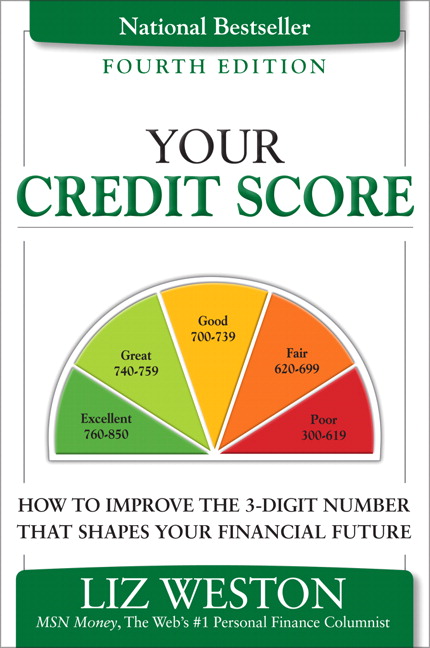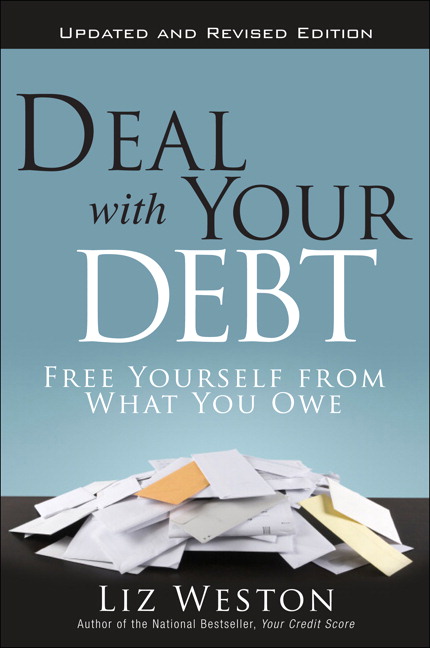Dear Liz: We have four credit cards that generate airline miles, each of which has a yearly fee. We also have a Capital One card with no fee that we use for travel to avoid currency conversion fees. We pay all cards off every month. Since it is getting so hard to use miles, we are thinking of closing all but the Capital One account, which also accrues points toward air travel. I have read that closing credit cards is not a good thing to do. I am 73, my husband 79, so I doubt we will need to incur debt in the future.
Answer: You may want to preserve your good credit scores even if you don’t anticipate taking out any loans. Insurers in many states use credit information to set premiums (although not in California).
If you do still care about your scores, you could consider asking your credit card issuers if you could switch to one of their no-fee cards. The closures of your current accounts may still affect your scores, but having several open, active accounts probably will offset the damage over time.
Or you could just take your chances and close card accounts rather than pay unnecessary fees. But consider having at least one additional credit card, in case your Capital One card is compromised or lost and you need a temporary backup.

